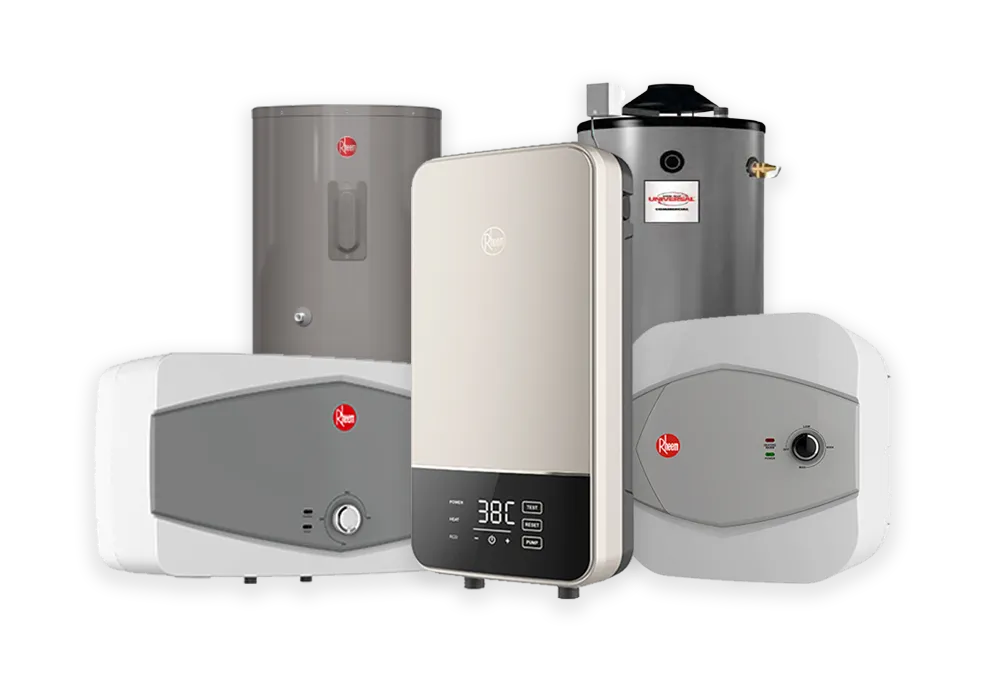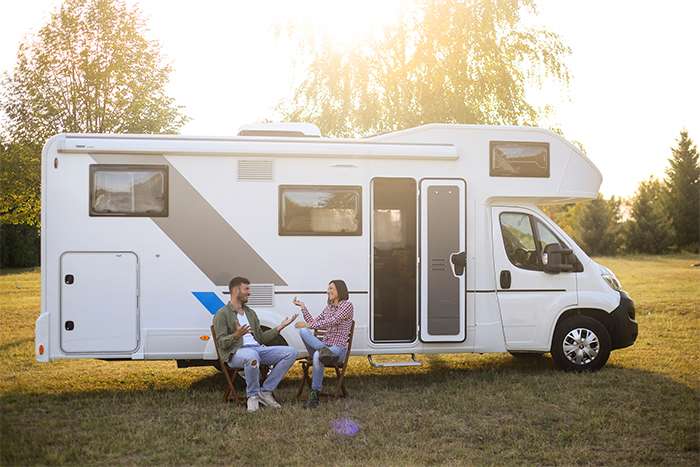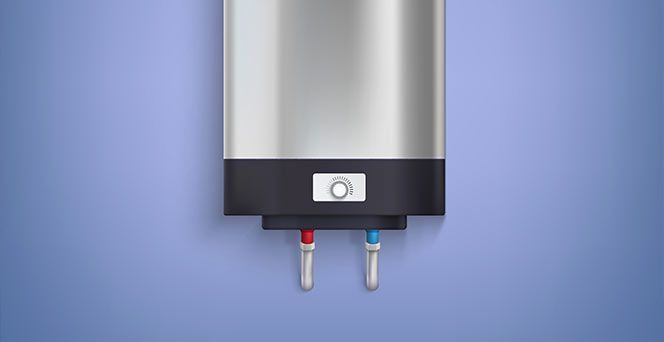Water heaters serve an essential purpose by supplying heated water to fulfill diverse domestic requirements. However, when it concerns mobile residences, the prerequisites and characteristics of water heaters deviate from those designed for conventional homes. This article will delve into the fundamental disparities between water heaters for mobile homes and standard models, elucidating the distinctive attributes and factors associated with each.
What are mobile homes?
Mobile homes, also known as manufactured homes, are prefabricated dwellings designed for residential purposes. These houses are constructed off-site in a factory setting and subsequently transported to a selected destination, where they are usually positioned on a foundation that can be either permanent or semi-permanent.
These homes present an affordable housing alternative and are manufactured by local building codes and safety regulations. Typically incorporating a blend of steel or wooden frames, insulation, and a range of interior conveniences, mobile homes offer comfortable living spaces.
However, these houses also contain many flammable substances because of which they get specific water heaters made for them. Such water heaters comply with the safety standards outlined by the Housing and Urban Development (HUD) department and follow regulations imposed by the Energy Star.
That’s why you’ll often hear the mobile home water heater term in contrast to a traditional water heater as both are different from one another.
Mobile Home Water Heater vs. Regular water heater
Size and Space Specifications:
A notable contrast lies in the size and space specifications when comparing mobile home water heaters with conventional water heaters. Mobile home water heaters are purposefully crafted to accommodate the restricted space within mobile homes. They are generally smaller and more condensed, so they may fit flawlessly within whatever space that’s available like a closet or cabinet.
On the contrary, a wide range of sizes and capacities are available for conventional water heaters, catering to the requirements of diverse households. These water heaters are typically installed in basements, garages, or utility rooms. So, unlike water heaters designed for mobile homes, regular water heaters may demand additional space owing to their larger dimensions.
Installation Pricing:
Mobile home water heater installation can incur relatively higher expenses. Thanks to their unique design and installation specifications that may necessitate supplementary elements or alterations to ensure compliance with safety and regulatory norms set by the HUD, you may have to pay a lot more than expected sometimes. So, these factors can contribute to an escalation in installation costs.
On the contrary, the installation of conventional water heaters is relatively straightforward as they can be seamlessly incorporated into pre-existing plumbing systems within the majority of residential environments. That’s why the usual installation procedures often lead to decreased expenditures on labor and materials when compared with the mobile home water heaters.
Tank Capacity:
The tank capacities of water heaters specifically designed for mobile homes are generally smaller. This is because mobile homes consume less hot water compared to larger households. By reducing the capacities, these water heaters ensure that energy is not wasted unnecessarily and efficiency is maximized, adding that a larger unit with a higher capacity can’t fit into a mobile home anyway.
Conversely, standard water heaters offer a wider selection of tank capacities to accommodate the hot water needs of larger households. They are capable of storing and heating a significant amount of water, making them suitable for homes with multiple bathrooms or high hot water usage. The availability of larger tank capacities provides greater flexibility but may lead to increased energy consumption.
Temperature Settings:
Mobile home water heaters do not come with adjustable temperature settings, which means that users cannot set the hot water temperature according to their preferences. This is to comply with the HUD regulations as there’s much risk of fire hazards in such homes and adjusting the temperature to a higher setting could pose threats like explosions, leading to accidents and severe injuries. Also, these water heaters must have a T&P valve which helps in maintaining optimal pressure.
Regular water heaters, on the other hand, offer adjustable temperature settings to cater to individual preferences. Users can set the desired hot water temperature within the available range, ensuring comfort and safety for household members.
Water Connections:
In mobile homes, the water connections for water heaters are usually positioned on the side or bottom of the unit, allowing for convenient installation in cramped areas like closets or cabinets. The compact structure and easily reachable water connections contribute to the simplicity of installation within mobile home environments.
Contrarily, conventional water heaters typically feature water connections situated on the top of the unit, which is suitable for installations in basements, garages, or utility rooms with ample vertical space.
Source of Energy:
Mobile home water heaters usually come with more than one orifice which provides flexibility to users in choosing an energy source based not only on the compatibility with mobile home infrastructure but also the availability of the source. Given the fact that mobile homes can be relocated anywhere, the duality allows the user to select fuel that is easily accessible in their area. This is also one of the reasons why these water heaters are more expensive than traditional water heaters and why the installation costs are higher in comparison as well.
On the contrary, you may know that regular water heaters have various energy options, including electricity, natural gas, propane, or solar power. The choice of energy source depends on factors such as local utility availability, cost-effectiveness, and environmental considerations. This flexibility in energy options allows homeowners to select the most suitable and cost-effective solution for their needs.
Final Thoughts:
Choosing between a mobile home water heater and a regular water heater depends on your specific requirements and the limitations of your dwelling. Mobile home water heaters are tailored to fit within the limited space and unique conditions of mobile houses. Regular water heaters, on the other hand, offer greater capacity and flexibility but require more space for installation.
So, by understanding the distinct features and considerations associated with mobile home water heaters and regular water heaters, you can make an informed choice that meets your hot water needs efficiently. Moreover, it is always recommended to consult a professional plumber or adhere to manufacturer guidelines to ensure proper installation and safe operation.



